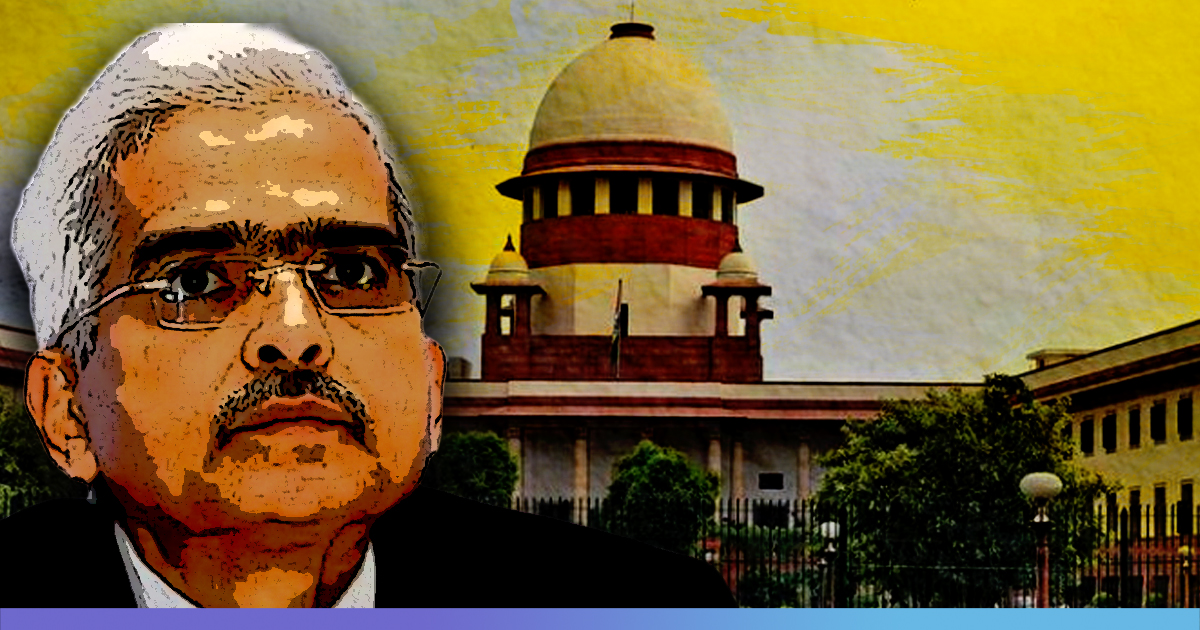The number of wilful defaulters increased from 5,090 in March 2014 to 11,046 by December 2018, as per the data released by credit information company Cibil. According to figures published by Cibil, not only did the number of willful defaulters double, but the wilful defaults in India have also increased by over 300 per cent in the last five years. The total wilful default increased to Rs 1.6 lakh crore as of December 2018 from just Rs 39 thousand crores in March 2014.
The wilful default figure stands at 15.5 per cent of gross NPAs which are currently at Rs 10.39 lakh crore and is expected to rise for the last quarter of 2019, reported The Indian Express.
In India bulk of bad loans are attributed to big businessmen and in many cases it is deliberate. “It is a well-known fact that the bulk of these bad loans is attributable to the big businesses and the affluent. In many cases of bank loan default, it is found to be deliberate, wilful and on account of diversion of funds. Unfortunately, a bank loan default is still a civil offence and, hence, criminal proceedings are not being instituted against them,” a banking source told The Indian Express.
Make Wilful defaulters Public
Top wilful defaulters mentioned in the list so far are Mehul Choksi’s companies, Gitanjali (Rs 4,633 crore), Gili India (Rs 1,445 crore) and Nakshatra Brands (Rs 1,108 crore), all of which are defaulters of Punjab National Bank.
The SBI has classified ABG Shipyard (Rs 1,874 crore), ABC Cotspin (Rs 403.7 crore) and Sai Infosystem (Rs 431 crore) among various others as wilful defaulters.
Other big names included in the IDBI Bank’s list include Gupta Coal (Rs 451 crore), Nitin Kasliwal’s S Kumars Nationwide (Rs 834 crore) and Vijay Mallya’s Kingfisher Airlines (Rs 695 crore). While names of Rank Industries (Rs 908 crore), Raza Textiles (Rs 1,397 crore) and Beta Naphthol (Rs 1,658 crore) also feature in the list.
The matter gained fresh momentum recently when RBI issued a ‘disclosure policy’ directing its Public Information Officers (PIOs) to not disclose any information related to wilful defaulters. When the matter reached the top court, the Supreme Court pulled up the RBI and directed to the banking regulator to disclose the details of wilful defaulters under the Right to Information Act. The apex court said that the RBI “is duty-bound under the law” disclose information and should review its policy on disclosure.
Who are Wilful defaulters?
A wilful defaulter is an individual or an entity who has not repaid the loans to the bank despite their ability to do so. As per the RBI guidelines, wilful defaults includes deliberate non-payments of the dues despite having the financial wherewithal to repay the loan. It also includes syphoning off of funds to the disadvantage of the firm; fraudulent transactions by the borrower; underutilisation of assets; falsification of records; and fraudulent transactions by the borrower among other things.
Stricter laws for wilful defaulters
Government and the RBI in the past have taken a number of actions against wilful defaulters. Wilful defaulters have been barred from seeking additional finance from banks, they are barred from accessing capital markets to raise funds or participate in the insolvency resolution process. Further, as per RBI, the companies or individuals who are listed as wilful defaulters are barred from borrowing from banks for setting up new firms for a period of five years from the date of removal of their names from the wilful defaulter’s list.
The Fugitive Economic Offenders’ Act, 2018, has also been promulgated to empowers authorities to attach the property of a fugitive economic offender.











